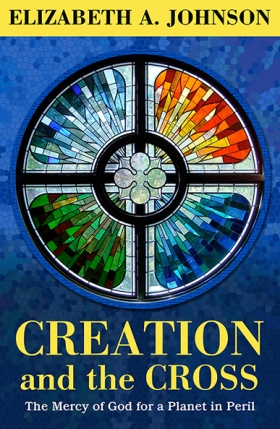The Mercy of God for a Planet in Peril

Part of the Theology series:
- A Theology of Dao
- A Church of the Poor
- Catholic Social Thought
- Do Not Stifle the Spirit
- The Joy of Religious Pluralism
- The Future of Interreligious Dialogue
- The Problem of Wealth
- Essential Catholic Social Thought
- The Unmoored God
- The Holy Spirit and an Evolving Church
- Creation and the Cross
- A Poor and Merciful Church
- The Catholic Ethicist in the Local Church
- Choosing Peace
- American Catholicism in the 21st Century
- Loneliness
- Virtue and Theological Ethics
- Just Water
- Experiments in Buddhist-Christian Encounter
- Christian Ministry in the Divine Milieu
- Church as Dynamic life-style
- The Election of Pope Francis
- Introduction to Catholic Theological ethics
- You Say You Want A Revolution
- Deep Incarnation
- Abuse and Cover-up
- New Paths for Interreligious Theology
- Christian Ethics
- Faith and Evolution
- Building Bridges in Sarajevo
- The Liminal Papacy of Pope Francis
- Marcus Mescher: The Ethics of Encounter
- Doing Theology in an Evolutionary Way
- Fratelli Tutti
- Christian Social Ethics
- Street Homelessness and Catholic Theological Ethics
- Deep Calls to Deep
- Pope Francis
- Breathed into wholeness
- Religious Life for our World
- La Via della Bellezza
- conscience and Catholic education
- Enacting Catholic Social Tradition
- The Authority of the Saints
- The Hidden "God"
- Globalizing Theological Education for an Increasingly Globalized Age
- Thoughts and Dreams of an Old Theologian
In this fresh creative approach to theology, Elizabeth Johnson asks how we can understand cosmic redemption in a time of advancing ecological devastation. In effect, how can we extend the core Christian belief in salvation to include all created beings? Immediately this question runs into a formidable obstacle: the idea that Jesus’s death on the cross was required as atonement for human sin—a theology laid out by the eleventh-century theologian St. Anselm.


